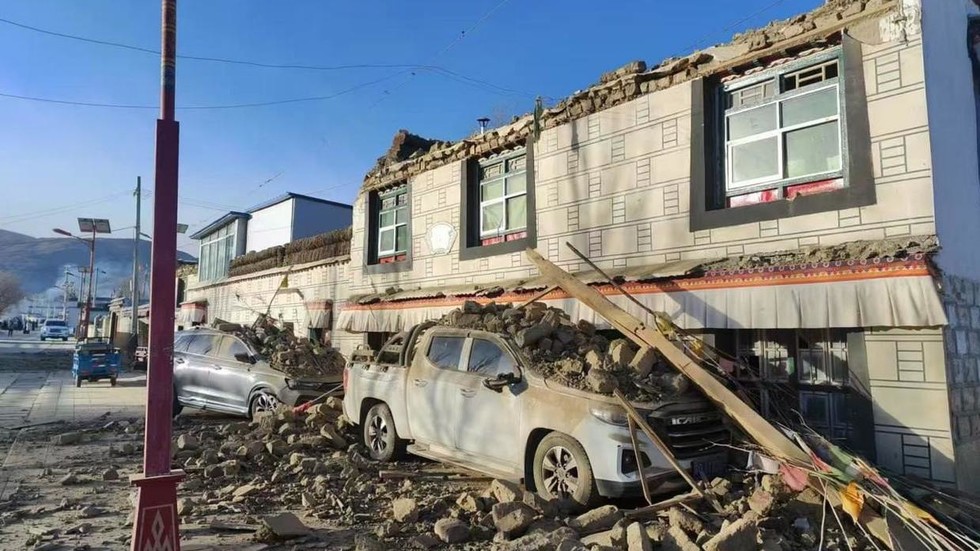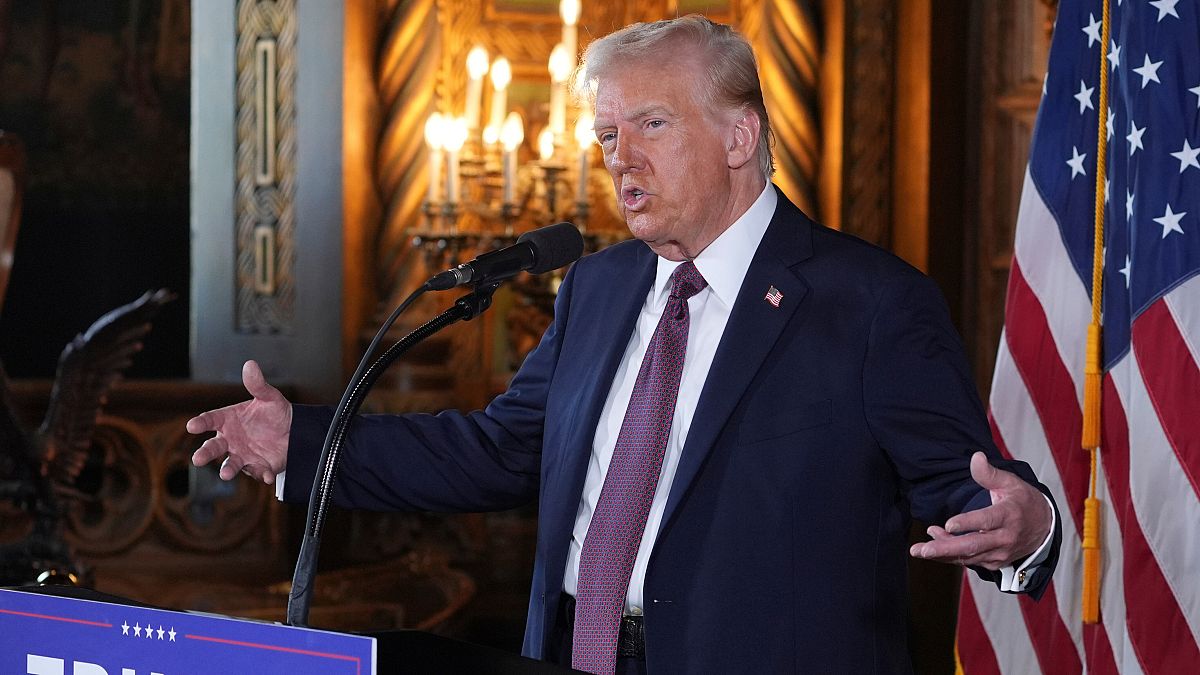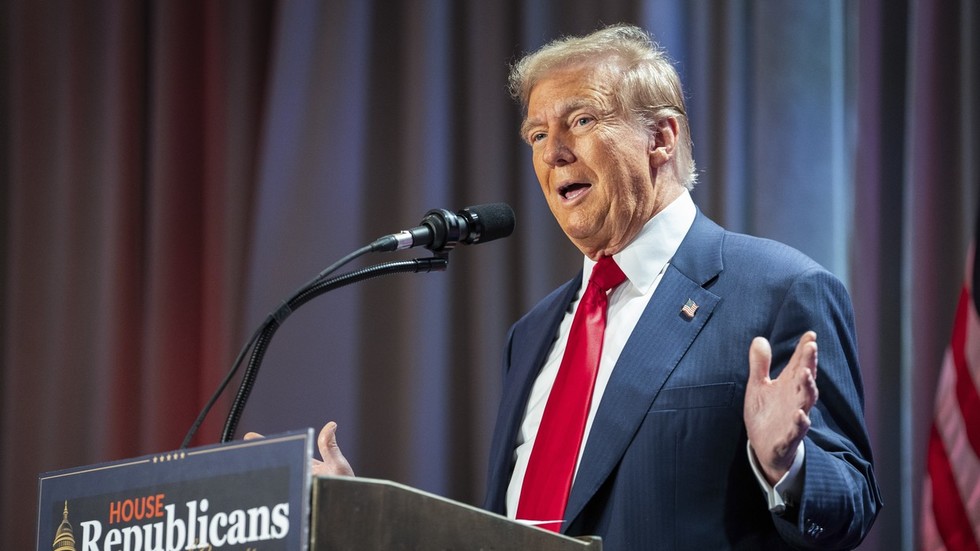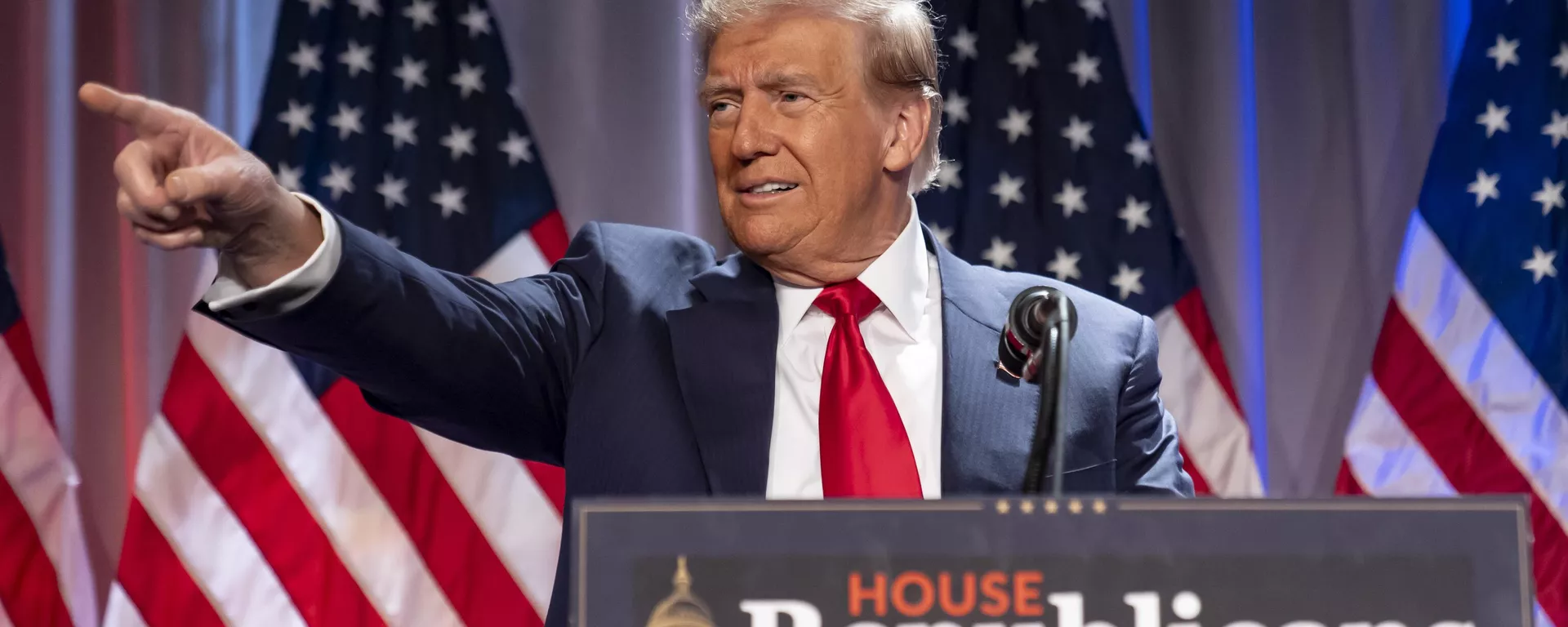The EU will vow a 'strong transatlantic partnership' on defence, a senior Commission official said on Monday, but dependence on foreign suppliers will inevitably have to be addressed in the long term.
The new EU Commission expects further cooperation and dialogue with the incoming Trump administration, especially on security and defence, but with a clear focus on reducing the bloc's dependence in the long term, the bloc's first Commissioner for Defence and Space, Andrius Kubilius said on Tuesday.
"'If authoritarian adversaries are uniting - referring to Russia, Iran, North Korea and China - democracies should also unite," Kubilius said during an event in the European Parliament organised by the American Chamber of Commerce to the EU.
The former Lithuanian Prime Minister cited the need for a "Big Bang" overhaul of Europe's defence industry, both in the short term, for which non-EU suppliers such as the US will play a key role, and in the long term, where the sector will demand guarantees before further increasing its capabilities, investment and independence from foreign suppliers.
Between February 2022 and mid-2023, 75% of publicly announced new orders for the EU defence sector came from outside Europe, according to the European Aerospace, Security and Defence Industry (ASD).
The EU executive recognises defence industry dependency as a problem and is committed to ensuring a "strong transatlantic partnership" on defence, said Guillaume de La Brosse, head of the defence industrial policy unit, adding that the imbalance will eventually have to be redressed.
“What we really need to do is to reduce our dependencies in the long term. This is how we can justify to our taxpayers that we are investing heavily in defence," de La Brosse argued.
But in the short term, member states in the Council are still divided over how strict the conditions should be for third countries to access new EU funds, with countries such as Poland and the Netherlands wanting to introduce greater flexibility for foreign defence companies to access EU money.
EU delegations are currently negotiating to require defence projects to source at least 65% of their components from within the bloc in order to receive funding from the proposed €1.5 billion European Defence Industry Programme (EDIP).
The Hungarian presidency is determined to reach an agreement on EDIP by the end of the year and ambassadors will discuss the file again tomorrow, a senior EU diplomat told Euronews.
Despite tensions between member states over the programme's eligibility criteria, the senior EU official was adamant that the Commission was not promoting a protectionist stance.
"We are not building Fortress Europe. We are not impacting on member states' procurement policies. Member states are still free to procure in the way they want to," de la Brosse said.
In late September, 28 European defence companies, including Leonardo, SAAB, Airbus, Rheinmetall and Indra, sent a position paper to member states calling for EU financial support to be targeted at the domestic sector.
The signatories wanted funding to be restricted to products where at least 65% came from within the bloc, but French companies pushed for a figure as high as 80%.
"This approach would not prevent member states from procuring from non-EU suppliers or cooperating with other like-minded non-associated European partners, like the UK, outside the framework of this EU-funded instrument," the signatories added.

 4 weeks ago
9
4 weeks ago
9






 We deliver critical software at unparalleled value and speed to help your business thrive
We deliver critical software at unparalleled value and speed to help your business thrive






 English (US) ·
English (US) ·